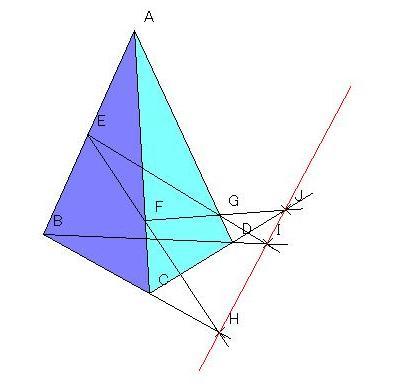結果
| 問題 | No.992 最長増加部分列の数え上げ |
| コンテスト | |
| ユーザー |
 convexineq convexineq
|
| 提出日時 | 2020-02-14 22:40:35 |
| 言語 | PyPy3 (7.3.17) |
| 結果 |
AC
|
| 実行時間 | 1,001 ms / 2,000 ms |
| コード長 | 1,739 bytes |
| 記録 | |
| コンパイル時間 | 316 ms |
| コンパイル使用メモリ | 82,532 KB |
| 実行使用メモリ | 106,336 KB |
| 最終ジャッジ日時 | 2024-10-06 13:00:56 |
| 合計ジャッジ時間 | 25,233 ms |
|
ジャッジサーバーID (参考情報) |
judge3 / judge5 |
(要ログイン)
| ファイルパターン | 結果 |
|---|---|
| sample | AC * 3 |
| other | AC * 42 |
ソースコード
class segment_tree:
def __init__(self, N, operator_M, e_M):
self.op_M = operator_M
self.e_M = e_M
self.N0 = 1<<(N-1).bit_length()
self.dat = [self.e_M]*(2*self.N0)
# 長さNの配列 initial で初期化
def build(self, initial):
self.dat[self.N0:self.N0+len(initial)] = initial[:]
for k in range(self.N0-1,0,-1):
self.dat[k] = self.op_M(self.dat[2*k], self.dat[2*k+1])
# a_k の値を x に更新
def update(self,k,x):
k += self.N0
self.dat[k] = x
k //= 2
while k:
self.dat[k] = self.op_M(self.dat[2*k], self.dat[2*k+1])
k //= 2
# 区間[L,R]をopでまとめる
def query(self,L,R):
L += self.N0; R += self.N0 + 1
sl = sr = self.e_M
while L < R:
if R & 1:
R -= 1
sr = self.op_M(self.dat[R],sr)
if L & 1:
sl = self.op_M(sl,self.dat[L])
L += 1
L >>= 1; R >>= 1
return self.op_M(sl,sr)
def get(self, k): #k番目の値を取得。query[k,k]と同じ
return self.dat[k+self.N0]
# coding: utf-8
# Your code here!
import sys
readline = sys.stdin.readline
read = sys.stdin.read
# (length, num)
def op(X,Y):
d,n = X
e,m = Y
if d < e: return Y
if d > e: return X
if d == e: return (d,(n+m)%1000000007)
n,*a = [int(i) for i in read().split()]
sa = sorted((ai,-i) for i,ai in enumerate(a))
seg = segment_tree(n, op, (0,0))
for v,i in sa:
d,num = seg.query(0,-i)
if d != 0:
seg.update(-i,(d+1,num))
else:
seg.update(-i,(1,1))
#print(seg.dat)
print(seg.dat[1][1])
